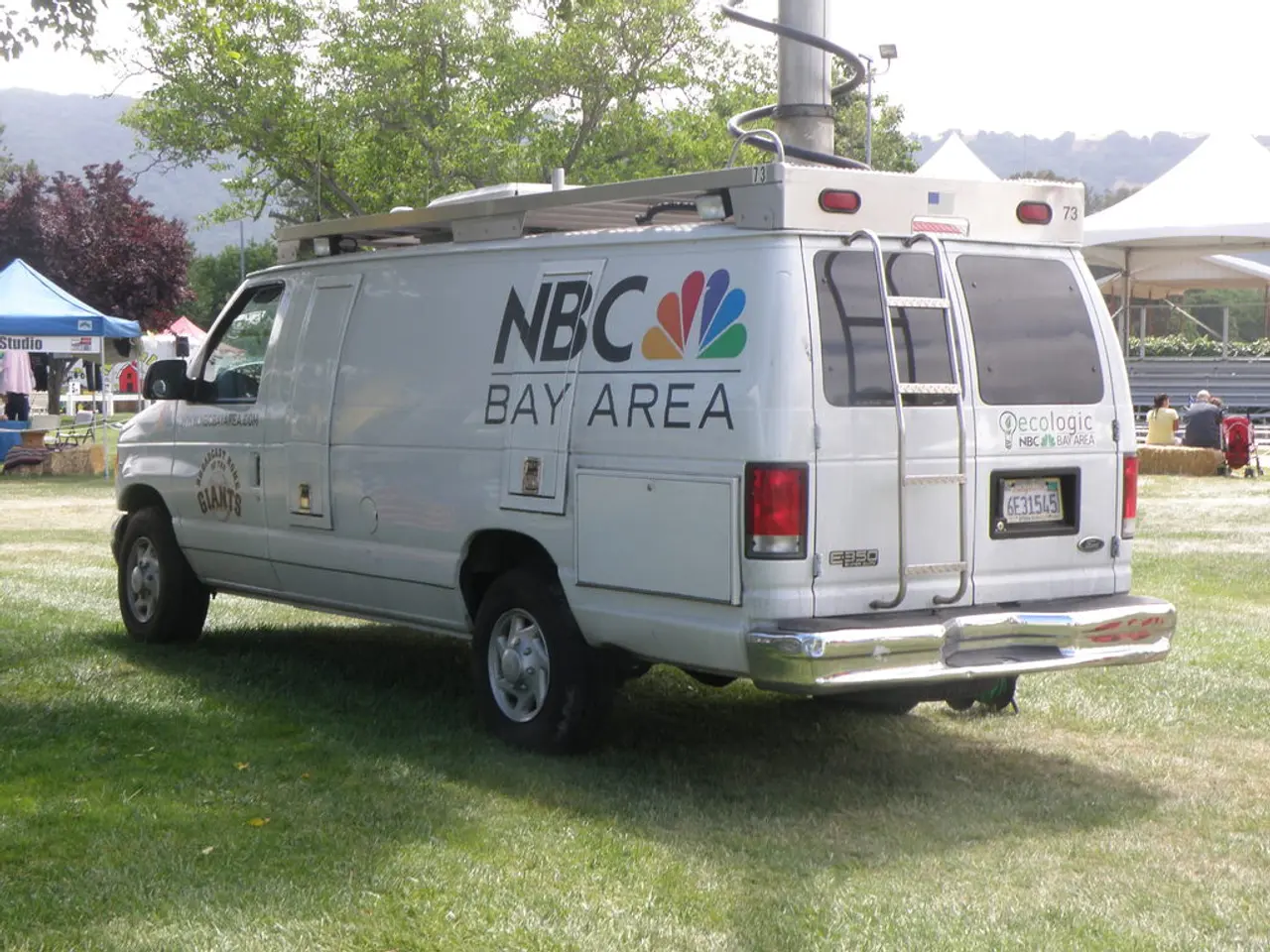Solar energy for campers: comprehensive guide
Solar panels have become a popular choice for campervan owners seeking to power their leisure batteries, especially during the spring and summer months. These panels convert sunlight into usable electrical energy, making them an eco-friendly and cost-effective solution for off-grid travel.
The electricity generated by the solar panels doesn't go directly to the battery. Instead, it passes through a charge controller or regulator, which plays a crucial role in managing the electricity's flow to prevent battery damage or overcharging. A good quality charge controller is essential for efficient power management from the solar panel to the leisure battery.
When considering the size of the solar panel you need, it's important to consider how much power you will realistically require. Factors such as the number of low-voltage gadgets you plan to use, the size and available space on your campervan's roof, and the potential need for lighting, charging points, water pumps, and low-power appliances should all be taken into account.
The system can involve either having one or more solar panels mounted permanently onto the roof of a campervan, or having portable units. Portable and semi-portable solar panels offer more flexibility, as they can be moved around during the day, but they could be at risk of theft or vandalism if left unattended.
Where solar panels are placed will affect how well they work. Aim to have them mounted in such a way that will maximize their exposure to the sun. Rigid solar panels provide long-lasting efficiency and durability, but can be heavy and more visible. On the other hand, flexible solar panels are more lightweight and a narrower option, easier to fit and more discreet.
Monocrystalline panels use high-purity silicon and operate more effectively in lower light conditions. They are larger yet provide the same output, but are a little less efficient compared to their polycrystalline counterparts.
For motorhome travel, SunPower solar panels with Maxeon Gen III cells are recommended due to their ultra-high 24.4% efficiency, robust aluminum black frame, and 3 bypass diodes that increase output even under partial shading, ensuring maximum energy yield in all conditions. TÜV-certified panels like the ECTIVE 12V 120W monocrystalline solar module offer good durability and about 18% efficiency, suitable for fixed mounting on a camper.
Solar panels help the environment by reducing fossil fuel and mains hook-up usage. They can save money in the long term by reducing reliance on paid hook-ups and potentially extending the life of the leisure battery. However, solar panels require occasional maintenance to keep them working effectively, such as cleaning when dirty.
Reputable manufacturers offer a 10-year warranty (or more) for solar panels. With the right setup, solar panels can help keep a campervan safe by allowing the alarm, tracker system, and vehicle battery to operate, providing peace of mind for campervan owners who love to tour off-grid.
Read also:
- Foot massages and their impact on diabetic nerve pain (neuropathy)
- Allergy sufferers should heed advice from the Warentest Foundation regarding the use of eye drops
- Public health advisory issued during congressional hearing as a former CDC official expresses concerns over potential adjustments to the routine child immunization plan.
- Amidst Challenges: HPV Vaccine Distribution Initiated in Flood-Stricken Areas Amidst Community Resistance








